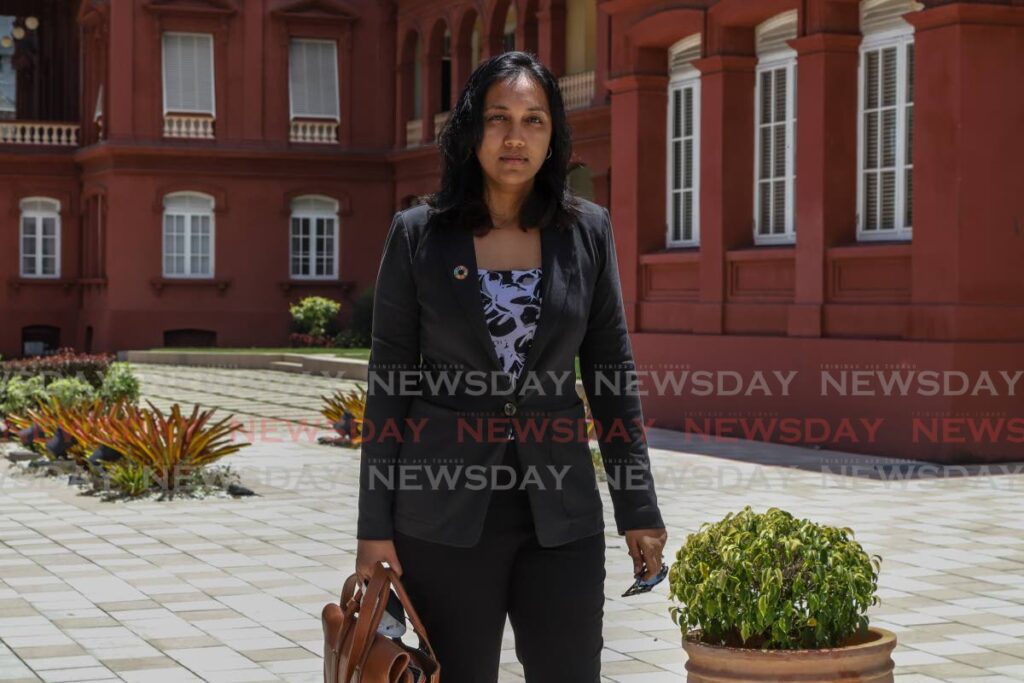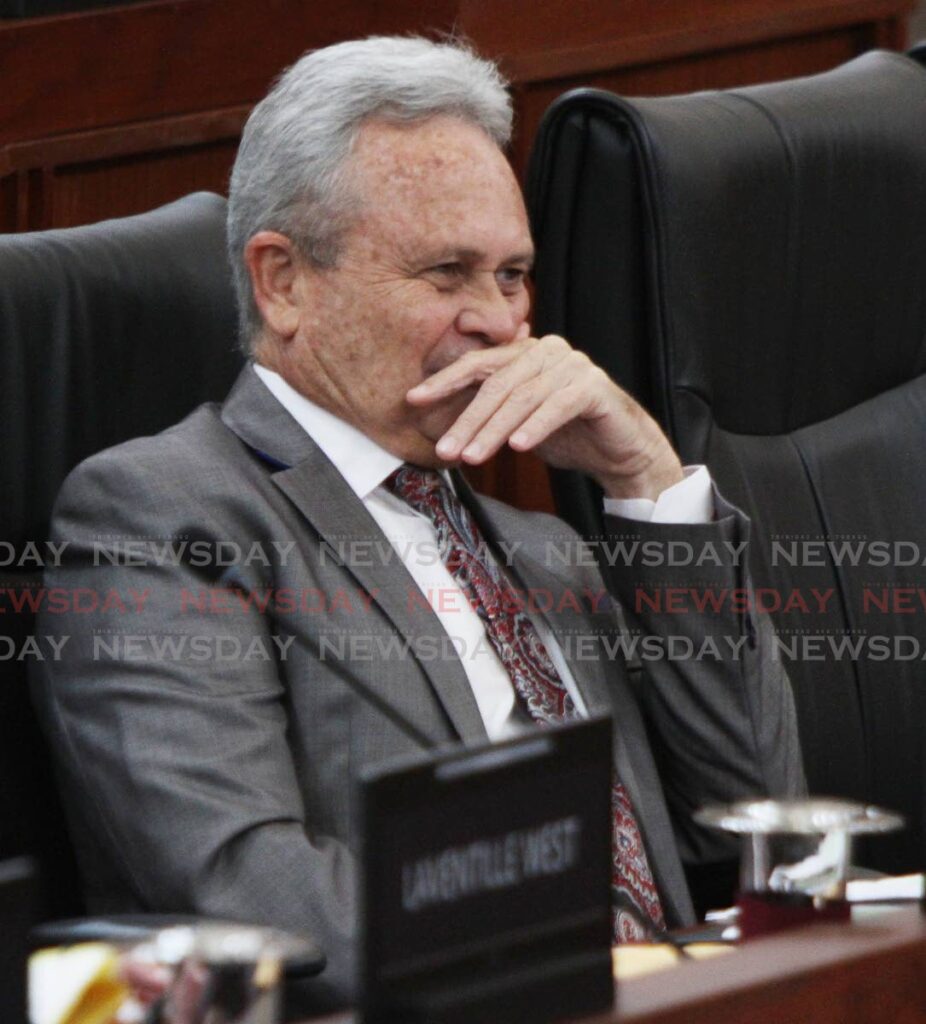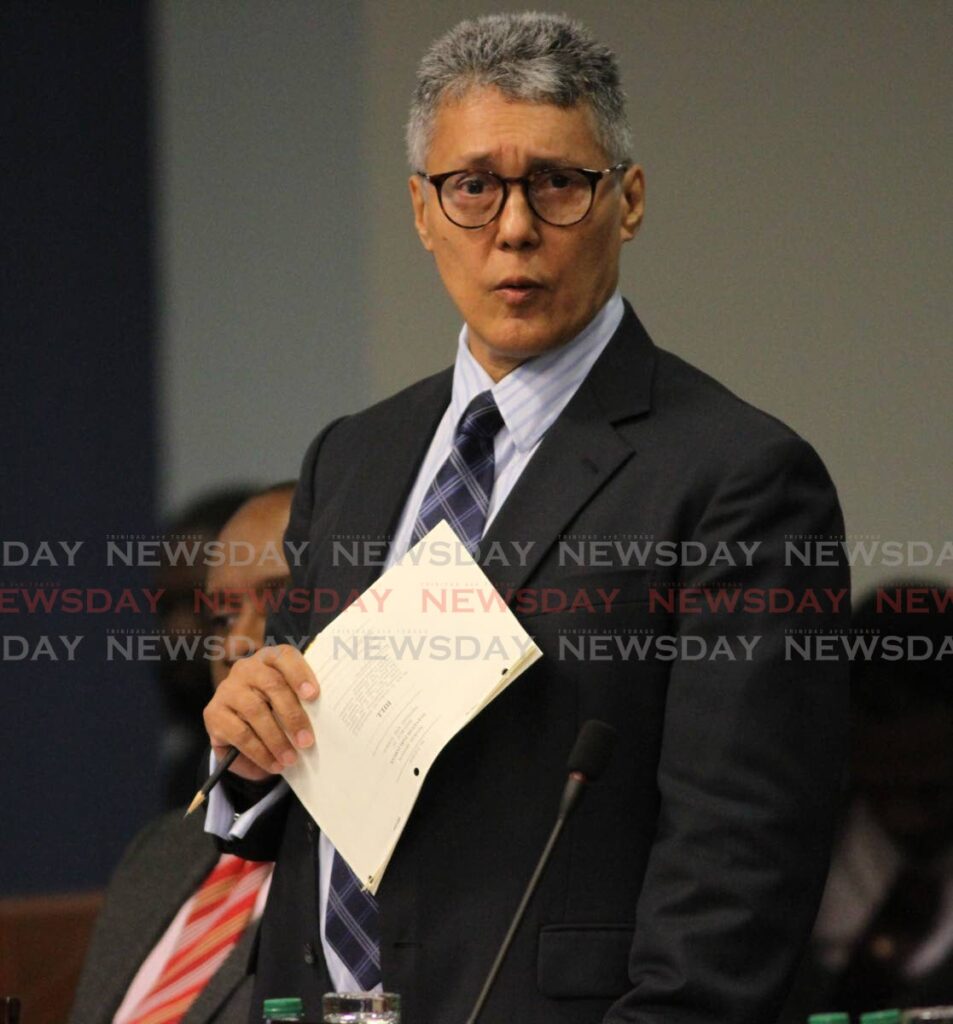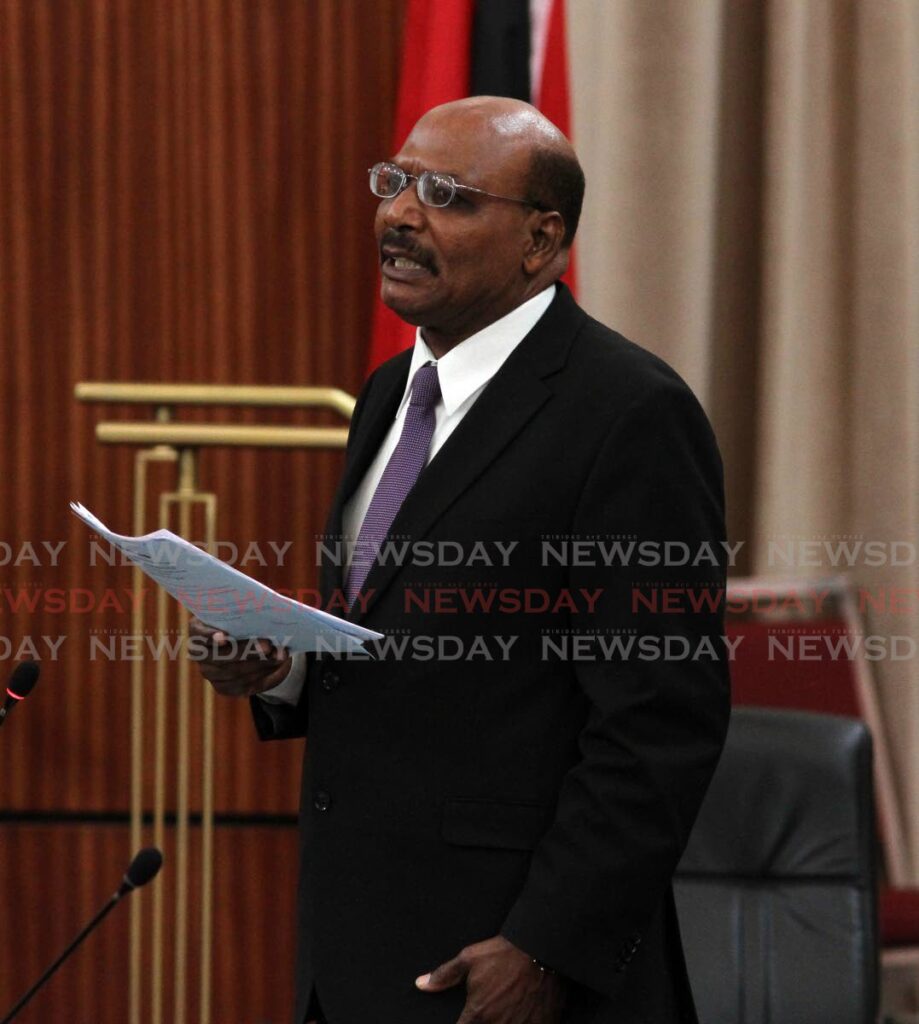Independent senators split on vote on procurement bill

A divided Senate passed an amended version of the Public Procurement and Disposal of Public Property (Amendment and Validation) Bill 2023 in the early hours of Friday morning. Senators sat for 12 hours and eight minutes – from 1.30 pm on Thursday to 2.38 am on Friday – to debate the bill.
Critics said government proposals would water down the oversight and accountability imposed by the Public Procurement and Disposal of Public Property Act 2015 but proponents said the act needed more flexibility to facilitate the daily realities of acquisition by government bodies.
The House of Representatives will debate the Senate amendments on Monday at 1.30 pm.
Inclusive of piloting by Finance Minister Colm Imbert, the Senate heard 20 contributions on the bill.

With 19 votes for, nine votes against, and two abstentions, the bill was approved with amendments.
Then, with 19 votes for, eight votes against, and three abstentions, the bill was read a third time and passed.
The Independent senators spilt three ways over the bill, with four voting for, two voting against, and three abstaining.
Those voting for the bill were Anthony Vieira, Amrita Deonarine, Charrise Seepersad and Dr Maria Dillon-Remy. Independents abstaining were Dr Paul Richards, Dr Varma Deyalsingh, and Evans Welch. Voting against the bill were Deoroop Teemal and Hazel Thompson-Ahye.
All Government senators present voted for the bill which was opposed by all Opposition senators present.
Imbert, in his wind-up speech before committee stage, said he had heard Independent senators’ call for the minister to have a hands-off approach on procurement.
“We have created this office (OPR) and I have decided, through the amendment, to get the minister out, remove the power from the minister.
“In other words the minister cannot confer this power to himself to make regulations and create exempt services.”
Senators keenly debated the bill’s six clauses in committee stage, sometimes taking votes on a clause or an amendment proposed by a senator or Imbert.
The overall result was to retain the bill’s proposed $1 million ceiling for exemptions and retain its proposal for procurement regulations and ministerial orders to be subjected to Parliament’s negative resolution not affirmative by way of oversight.

Independent Senator Amrita Deonarine had initially proposed a $500,000 ceiling instead of $1 million (clause 4), plus Parliament’s oversight to be done by way of affirmative resolution (clause 3).
The committee in a split vote rejected her call for negative resolution by 16 votes against to 14 votes for, with Vieira the sole independent senator aligning with the Government to vote against, while most Independents plus the Opposition voted for Deonarine’s proposal.
Imbert’s position in the whole debate was that negative resolution provided parliamentary oversight while allowing expediency for acquisitions by public agencies. Deonarine withdrew her proposed amendment for lowering the $1 million threshold to $500,000.
When the committee was asked to vote that clause 6 should stand part of the bill, Wade Mark loudly shouted “No!” as he had done for preceding clauses, and called a division.
Clause 6 proposed to validate statutory instruments such as two recent legal notices brought by Imbert to approve $9 million spent on the Caricom summit plus an allocation to the judiciary to take care of sequestered juries.
The committee overwhelmingly supported clause 6, by 21 votes for, six against, and three abstentions. The clause was supported by Government senators plus independent senators Anthony Vieira, Charrise Seepersad, Deoroop Teemal, Hazel Thompson-Ahye, Dr Maria Dillon-Remy and Evans Welch.
Three Independents abstained – Dr Paul Richards, Dr Varma Deyalsingh, and Amrita Deonarine. The Opposition voted against clause 6.
Imbert said that while a parliamentarian would have 40 days within which to bring a negative resolution to Parliament to scrutinise a ministerial order, this need not be done on a private members day, but once it was filed it would take priority as a matter of urgency.
He also advocated for orders to be subjected to a negative resolution, not affirmative for which Parliament would be overburdened by procurement exemption requests for purchases by state agencies.
“Every week when a state enterprise or a public body runs into trouble, you’ll find yourself convening Parliament, every single week.
“This is why we are asking for the negative and the fact that the minister is now out of the picture and the OPR now decides whether an exemption should occur at all, I think that deals with the question, the fear that people have, that exemptions will occur that should not occur.”
Opposition Senator Wade Mark argued, “Law making belongs in Parliament and what we are doing is conceding. we are giving our power to the Cabinet. We cannot rely on the Government to give us the facts. We need to debate these things openly.”

Independent Senator Anthony Vieira said, “Just to correct, in light of the amendment made where the minister is no longer involved, the minister is no more than a conduit. The minister brings the instrument because he has standing in the Parliament, not the Procurement Regulator.
“But it is the Procurement Regulator who is bringing the regulation and the timing of the regulation.”
Imbert added, “The Cabinet will not be involved in the making of these regulations, or the exemptions.We have delegated and we have given that over to the OPR.”

Comments
"Independent senators split on vote on procurement bill"